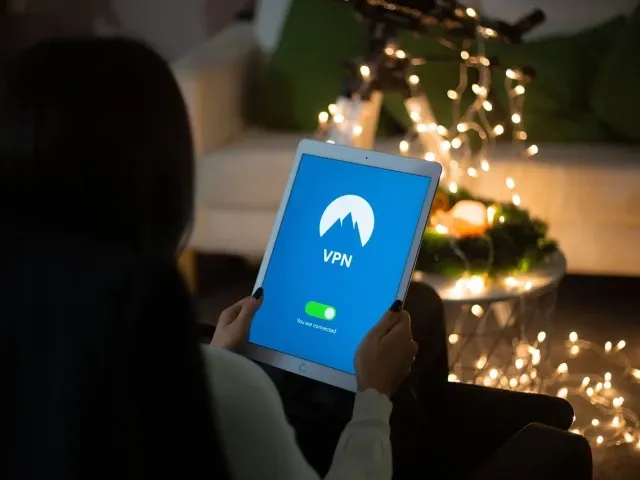
Google Warns: Fake Vpn Apps Are Stealing Your Data!

Fake VPN Apps: The Hidden Threat
Google has put billions on high alert with a stark warning about the rise of fake virtual private network (VPN) apps. These rogue applications, masquerading as privacy tools, are instead siphoning off users' sensitive information. From passwords to banking details, no data is safe if you fall victim to these malicious apps.
The alert forms part of Google's November 2025 Fraud and Scams Advisory, shedding light on the tactics cybercriminals use to exploit the booming demand for online security solutions. Many of these deceitful apps imitate trusted brands or use manipulative advertising to attract unsuspecting users. Once downloaded, they infect devices with spyware and data-stealing malware.
The Deceptive Facade
Laurie Richardson, Google's vice president of trust and safety, emphasized the deceiving nature of these apps: “These apps often appear genuine and even perform basic VPN functions. But behind the scenes, they can compromise passwords, banking details, and private messages.”
“These apps often appear genuine and even perform basic VPN functions. But behind the scenes, they can compromise passwords, banking details, and private messages.”
Google has pointed out how attackers are riding the wave of increased VPN usage. New online safety laws in the US and UK have fueled this demand as people seek to bypass restrictions on adult content. The alarming part is some of these counterfeit apps might even penetrate official app stores by using fake reviews and sleek designs to appear authentic.
Stay Protected
Once installed, these malicious programs can deploy info-stealers, banking trojans, and remote access tools that mine browsing histories, cryptocurrency data, and stored credentials. Experts caution against assuming VPNs provide full anonymity. "A VPN can mask your IP address, but it doesn’t make you invisible," Richardson warned. Users should approach any app claiming complete privacy with skepticism.
Google strongly recommends downloading VPNs from verified sources like the Play Store. Avoid free services that demand unnecessary permissions, such as access to contacts or messages. While VPNs can help navigate regional restrictions and secure public Wi-Fi connections, they shouldn't replace a comprehensive security setup.
This warning comes on the heels of Google’s broader efforts to combat digital scams. Previous alerts have highlighted malware threats targeting Google’s own platforms like Gmail and Chrome, underscoring the ongoing battle to protect everyday internet users from cyber threats.















